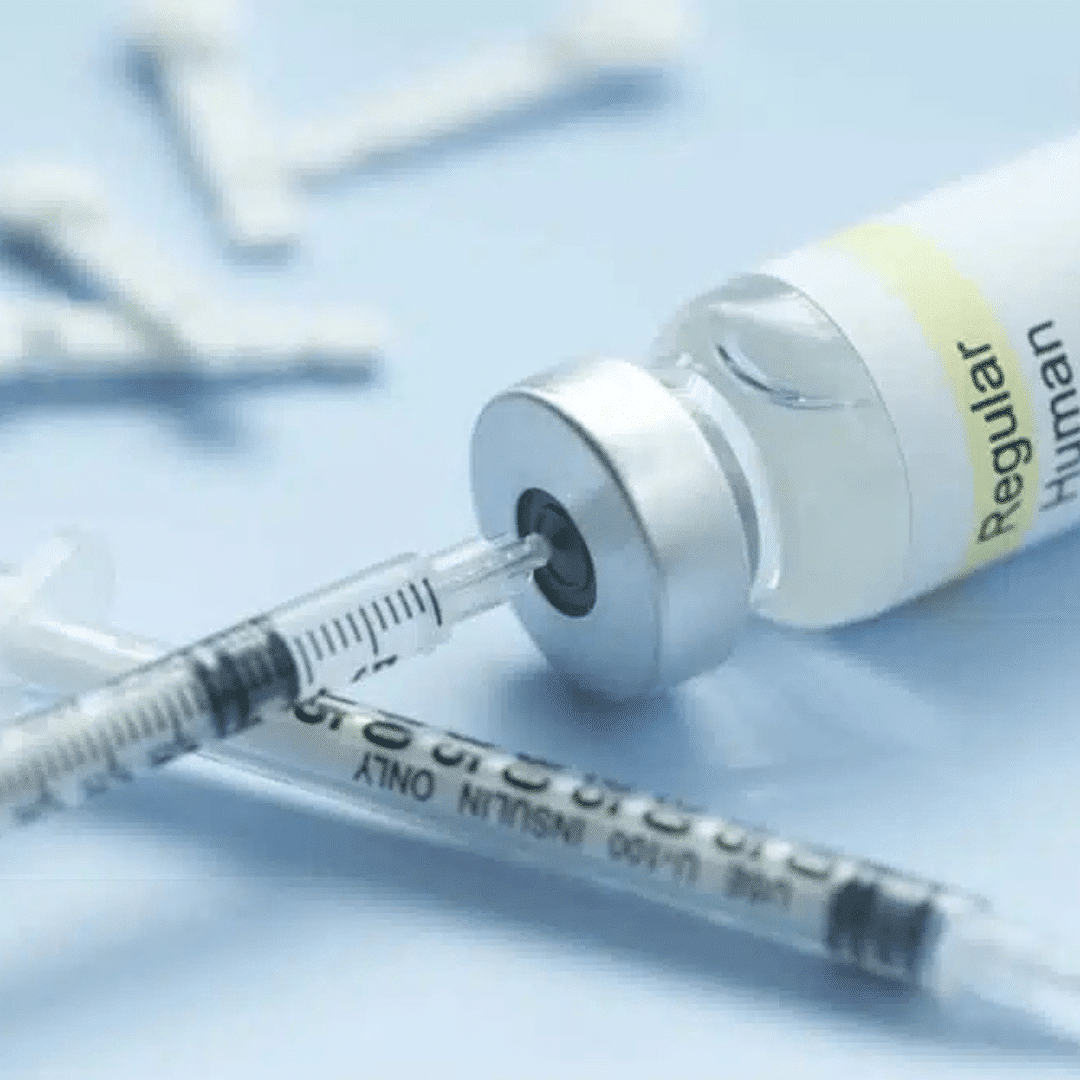
Insulin Resistence is Important for Reversing Diabetes
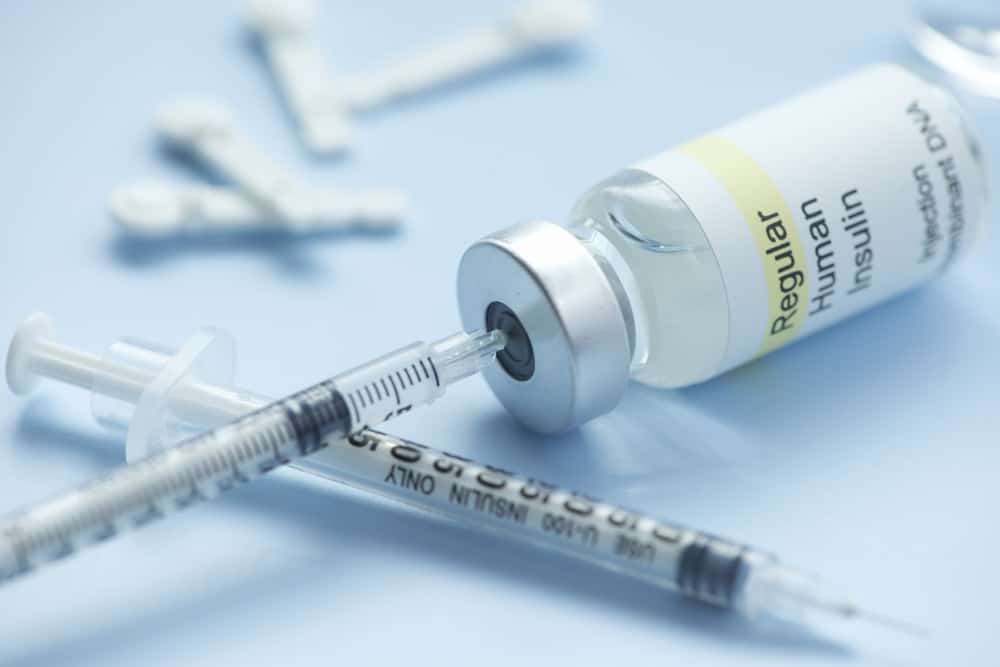
Insulin Resistance is Key to Reversing Diabetes: A Root Cause Functional Medicine Approach
Insulin resistance is a complex issue, and if left unchecked, it can lead to serious health problems like Type 2 diabetes. But by understanding the root causes, identifying which organs are affected, and addressing these issues early on, we can reverse insulin resistance and prevent it from progressing.
In my practice, I take a root cause functional medicine approach, focusing on how various organs interact and how imbalances can lead to chronic conditions like diabetes. By identifying and treating these imbalances at the source, I help patients reverse diabetes and regain control of their health.
The 4 Key Organs in Reversing Insulin Resistance and Type 2 Diabetes
-
Liver: The liver plays a significant role in blood sugar regulation, storing and releasing glucose as needed. When insulin resistance sets in, the liver overproduces glucose, raising blood sugar levels. Healing the liver and improving its function is crucial to reversing diabetes.
-
Pancreas: The pancreas produces insulin, the hormone that regulates blood sugar. Over time, insulin resistance puts extra pressure on the pancreas to produce more insulin. When the pancreas is overworked, it can no longer keep up, and blood sugar levels rise. Supporting pancreatic health is key to reversing this process.
-
Adrenal Glands: These glands help regulate your body’s stress response by producing cortisol. Chronic stress and elevated cortisol levels can lead to insulin resistance. By supporting adrenal health and managing stress, we can reduce the impact of cortisol on blood sugar levels.
-
Digestive System: Gut health plays a major role in metabolic function. Imbalances in the digestive system, like gut inflammation or dysbiosis (an imbalance of gut bacteria), can contribute to insulin resistance. Healing the gut can improve overall metabolic health and reduce insulin resistance.
The Link Between Insulin Resistance and Type 2 Diabetes
Insulin resistance is the starting point for many cases of Type 2 diabetes. When your cells become insulin resistant, your body produces more insulin to try and keep blood sugar levels in check. Over time, this leads to a series of problems:
- Insulin Resistance: Your body needs more and more insulin to maintain normal blood sugar levels, leading to an overworked pancreas.
- Prediabetes: As insulin resistance worsens, your blood sugar levels begin to rise, but not yet to the level of diabetes. This is a critical window for intervention.
- Type 2 Diabetes: When your pancreas can no longer keep up with the demand for insulin, blood sugar levels rise to diabetic levels. This is when a formal diagnosis is made.
The Health Consequences of Insulin Resistance
Insulin resistance doesn’t just lead to diabetes. It also causes a host of other health problems, many of which are related to metabolic syndrome. These include:
- High Blood Pressure: Insulin resistance can raise blood pressure, increasing the risk of heart disease and stroke.
- High Triglycerides: Elevated triglycerides can lead to fatty deposits in the arteries, contributing to cardiovascular disease.
- Low HDL Cholesterol: Low “good” cholesterol levels can increase the risk of heart problems.
- Increased Waist Circumference: Excess abdominal fat is strongly linked to insulin resistance and other metabolic issues.
My Comprehensive Testing Approach
To effectively reverse insulin resistance and diabetes, we must dig deep and find the root cause. That’s where comprehensive testing comes in. In my practice, I go beyond standard lab tests to get a complete picture of your health:
- Advanced Blood Panels: These tests give us a detailed look at your blood sugar, insulin, and cholesterol levels.
- Saliva Tests: We use saliva testing to assess cortisol and other hormone levels, particularly from the adrenal glands.
- Stool Tests: These tests help us assess gut health and identify any imbalances or infections in the digestive system.
This comprehensive approach allows me to pinpoint the exact issues affecting your organs and metabolism so we can develop a personalized treatment plan to reverse diabetes.
Personalized Treatment Plans
There’s no one-size-fits-all solution when it comes to reversing diabetes. Every patient is unique, so I create personalized treatment plans addressing your health needs. These plans may include:
- Targeted Dietary Changes: We focus on eliminating inflammatory foods, balancing blood sugar, and nourishing your liver, pancreas, and gut.
- Natural Supplements: I recommend specific supplements to support adrenal function, gut health, and pancreatic recovery.
- Lifestyle Modifications: Stress management techniques are vital to reducing cortisol levels, and exercise can help improve insulin sensitivity when appropriate.
Going Beyond Medications: Addressing the Root Cause
Medications may help manage blood sugar levels but don’t address the root cause of insulin resistance. My root cause functional medicine approach focuses on healing the organs involved and restoring balance to your body’s systems. By addressing issues like liver dysfunction, pancreatic stress, adrenal imbalances, and gut health, we can reverse the disease process rather than manage it.
The Future of Diabetes Treatment
As the limitations of traditional diabetes treatments become clearer, the shift toward functional medicine is growing. By addressing the root causes of diabetes, my methods go beyond managing symptoms and promoting natural, long-term health improvements.
With a 98% improvement rate among my patients, the success of this approach speaks for itself. Functional medicine offers a future where diabetes is no longer a life sentence but a condition that can be reversed by targeting the organs and systems responsible for insulin resistance.
Conclusion: Reversing Diabetes by Tackling Insulin Resistance
Insulin resistance is the driving force behind Type 2 diabetes, and if left unchecked, it can lead to serious health complications. But with the right approach—focused on healing the liver, pancreas, adrenal glands, and digestive system—we can reverse this process.
By addressing the root causes through comprehensive testing and personalized care, I help patients manage and reverse diabetes, leading to a healthier, medication-free future.
Ready to take control of your health? Book an appointment today and start your journey to naturally reversing diabetes!




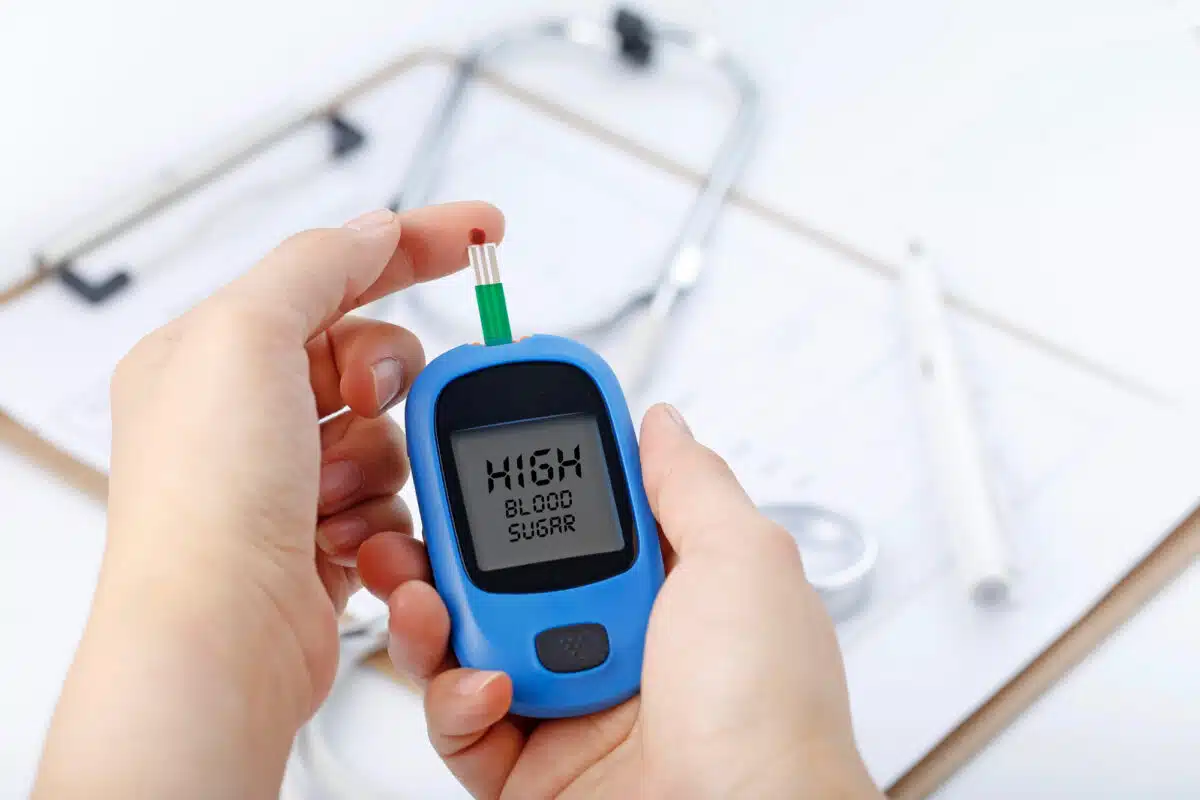

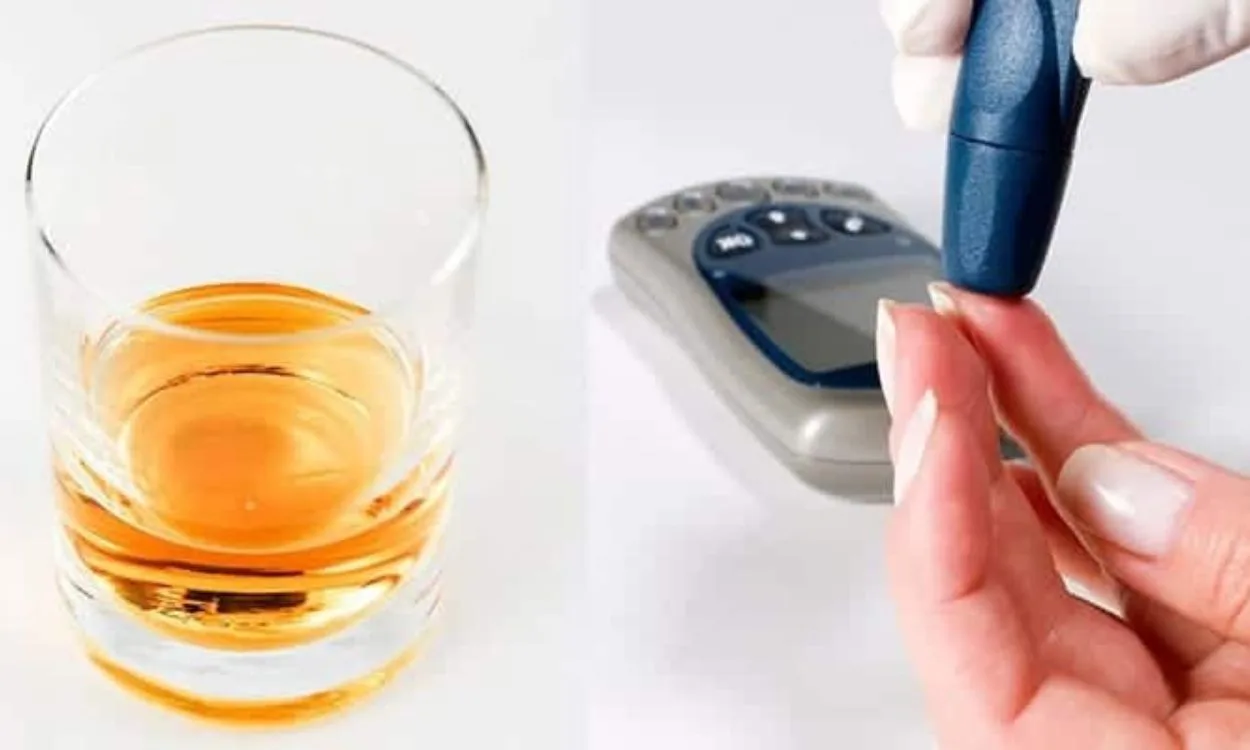






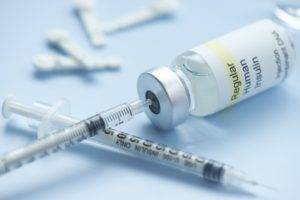
I’m just curious to know how much money you expect people to pay for this reversal…
How much to support your lifestyle?…
Don’t worry… I’ll wait…
I really need this process. My feet and hands are now beco.ing numb and um sliwly losing the battle. I feel i can barely stand on my feet
Is your medical treatment covered by medical insurance?
I have Gold Kidney insurance. Will it be required I come to your office for treatment? Where are your offices located?
Not sure about your insurance and Dr Spages would have to look at your labs